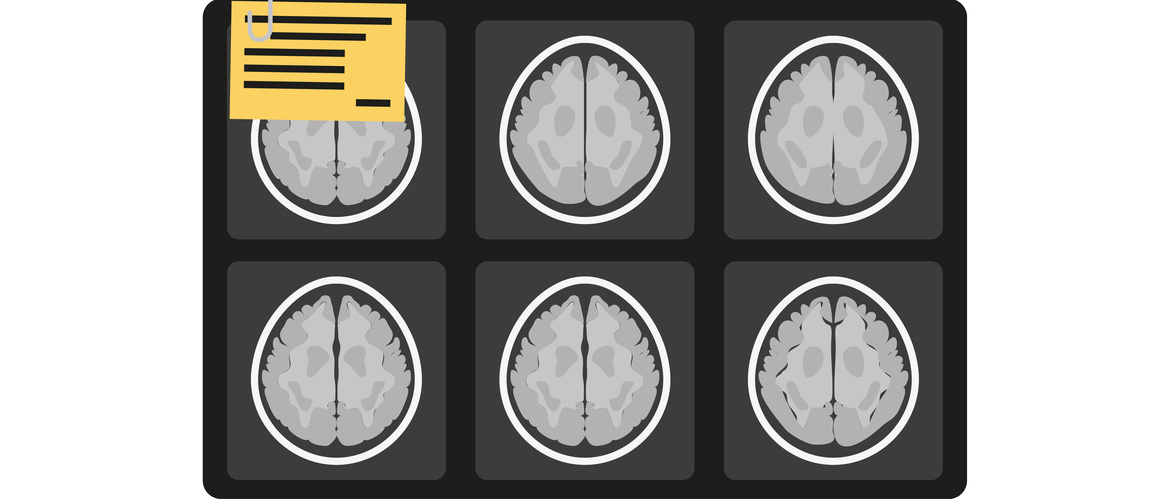
Choose a channel
Check out the different Progress in Mind content channels.

Progress in Mind

Heterogeneity of pathology in mild cognitive impairment and Alzheimer’s disease poses major problems for prevention and treatment, but lifestyle intervention is likely to have generic benefit. At AAIC2020, Susan Landau (University of California Berkeley, USA) considered how amyloid and tau imaging contribute to our understanding.
Prevention is about acting within a window of opportunity, but it is also about matching different groups of people to a treatment that is relevant to their pathology.
The classical AD pathway – which underlies the NIA-AA Research A/T/N criteria based on biological markers1- starts with amyloid-β (Aβ) deposition, and moves through accumulation of tau. This is followed by neurodegeneration, in which there is synaptic dysfunction, metabolic decline and brain atrophy – resulting ultimately in exacerbation of cognitive decline and dementia.
Targeting tau is a promising strategy because tau is so closely linked to cognitive decline
Many do not fit the classical framework
But the picture painted by Susan Landau at AAIC2020 Virtual was considerably more complex. Some people fit the framework, but others do not, she emphasized.
First, clinically diagnosed AD is not equivalent to abnormal Aβ; and this has contributed to the difficulties experienced with trials of amyloid modifying agents. People with AD who are Aβ-positive are more likely to be ApoE4 carriers, aged under 75 years, female, and show greater cognitive decline than those who are negative for Aβ.
Secondly, there are many people in whom the pathway to an AD diagnosis involves mixed pathologies or those that do not involve tau or Aβ. Nelson et al have recently suggested that – while around 40% of clinically diagnosed AD is explained by amyloid and tau - 25% is attributable to vascular disease, 17% to TDP-43, and 12% to alpha-synuclein/Lewy body pathology.2
Thirdly, abnormal tau and abnormal Aβ do not always go hand in hand. Given the evidence that amyloid precedes tau, few people have tau but not amyloid. But around a third of people who are Aβ positive have tau in the normal range.
PET imaging aims to identify a pathology profile that benefits most from lifestyle intervention
Benefit of lifestyle change independent of pathology
Many people are at some point along the classical amyloid/tau pathway. For such people, exploration of anti-amyloid and anti-tau therapies is appropriate. And targeting tau is a promising strategy because the aberrant protein seems closely linked in time to cognitive decline. Based on Mayo Clinic cohort data, Jack et al recently concluded that abnormal tau-PET is not compatible with normal cognition.3
However, for all people with an increased chance of developing AD - irrespective of pathology - reduction in lifestyle risk factors is likely to be helpful, Professor Landau argued.
Hence the current US POINTER study, based on the success of the Finnish Finger Trial,4 will enroll two thousand at-risk older adults. A subset will have MRI imaging and PET imaging to measure Aβ and tau, with the aim of identifying a profile of classical AD and cerebrovascular pathology that is most likely to benefit from multidomain lifestyle intervention.
Our correspondent’s highlights from the symposium are meant as a fair representation of the scientific content presented. The views and opinions expressed on this page do not necessarily reflect those of Lundbeck.
1. Jack CR et al. Alzheimers Dement 2018;14:535-62
2. Nelson RT et al. Brain 2019;142:1503-27
3. Jack CR et al. Brain 2019;142:3230-42
4. Ngandu T, et al. Lancet 2015; Jun 6;385:2255-63